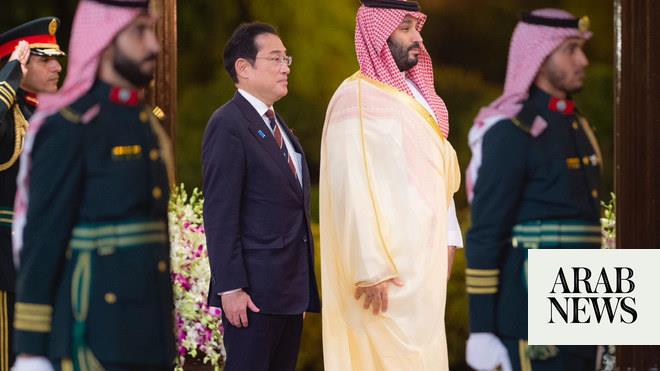
LAHORE, ISLAMABAD: Questions are mounting over the future of long-due reforms to Pakistan’s sluggish and overstaffed civil service after Dr. Ishrat Hussain, the adviser to Prime Minister Imran Khan on institutional reforms and austerity, resigned last week.
Hussain faced a mammoth task when appointed in August 2018: To streamline the governance and function of over 4 million civil servants in the country — 1 million in the federal capital and 3 million employed by provincial governments.
During his three years in office, the veteran banker, who earlier served as the dean of the Institute of Business Administration, chief economist at the World Bank and the governor of the State Bank of Pakistan, abolished tens of thousands of positions and reduced the number of government entities from 441 to 324 in what he said would cut the “fixed and variable cost of the government.”
He also slimmed down the central bureaucracy, especially the unspecialized civil service, by 71,000 positions.
Last week, Hussain suddenly resigned.
“I wish to confirm that I have submitted my resignation as adviser to the prime minister and requested him to relieve me of my responsibilities with effect from Sept. 1, 2021,” he said in a statement to the media.
“I took up this assignment because I believe in his (the prime minister’s) mission and vision, i.e. improving the governance structure of this country with the aim of bringing about an efficient and equitable economy free from the clutches of elite capture and helping the poor get out of poverty traps,” Hussain said.
He has not disclosed the reasons for his resignation, and despite repeated requests from Arab News, declined further comment on the subject. His resignation letter says he joined the government with the understanding that he would serve for three years and seek retirement once he turned 80, which he did on June 17.
‘Very flawed system’
Pakistan’s bureaucracy is bottom-heavy, with the bulk — 90 percent of employees — serving at grades 1-16 as basic staff, Hussain told Arab News in an interview last month. Only 10 percent are in grades 16-22, which includes specialized officers such as doctors, engineers and accountants.
“We have too many support staff who were being paid more than their counterparts in the private sector,” Hussain said. “Over 85 percent of the wages bill was going to them, while only 15 percent was going to the officers.”
By eliminating unnecessary or redundant positions, the money saved could go toward increasing the salaries of senior officers.
Hussain’s second major task was the quality of officials, for which he designed an evaluation system, whereby civil servants would be graded by an independent board annually and awarded increments and perks in accordance with their performance.
“The present system is completely subjective and very flawed,” he said.
“We have a completely new performance system. Those who perform will get twice the increment, while those below average will not get any increment. It has been approved by the Cabinet. We are now working on a pilot basis in some ministries.”
Muhammad Hamza Shafqaat, the deputy commissioner in the Paksitani capital of Islamabad, said Hussain’s policies had made a difference.
“Training institutes have been made important and independent like the ones in the military,” he told Arab News. “Those heading these institutes have no agenda and are not political appointees.”
Political non-interference possible?
All political parties that have ruled Pakistan have been accused of routinely shuffling and transferring senior bureaucrats, bringing in the men and women they like and sacking those they do not.
In its 2018 election manifesto, the ruling-Pakistan Tehreek-e-Insaf party promised a merit-based system in the civil service, where the “right officer” would be assigned to the “right job without any political consideration.” But political interference in any bureaucracy is inevitable, said Dr. Umair Javed, a professor at the Lahore University of Management Sciences, who was part of the civil service task force established by Prime Minister Khan.
“Bureaucracy cannot exist as unaccountable bodies, and politicians are the last stage of accountability. So, to suggest that they will be completely free from political interference is not possible,” Javed told Arab News.
“If you ask me personally, the task of civil service reform should not be with any commission but with the parliament. The parliament should deliberate on it. You can bring in a task force of expertise to help. But the competent body for this is the parliament.”
While some proposals pitched by Hussain have found an audience, others have faced resistance from the government that appointed him, including reforming the provincial bureaucracy.
“They (chief ministers of the provinces) said the federal task force I headed should not interfere in provincial matters,” Hussain said. “I said fine, you carry out your own reforms.”
But for Javed, reforming the provincial bureaucracy should be the top priority. “If there is any future to reforming the civil service, then that lies in the provinces, and it should be the focus,” he said. “The more you strengthen the provincial bureaucracy, the more it will help the common man more.”











